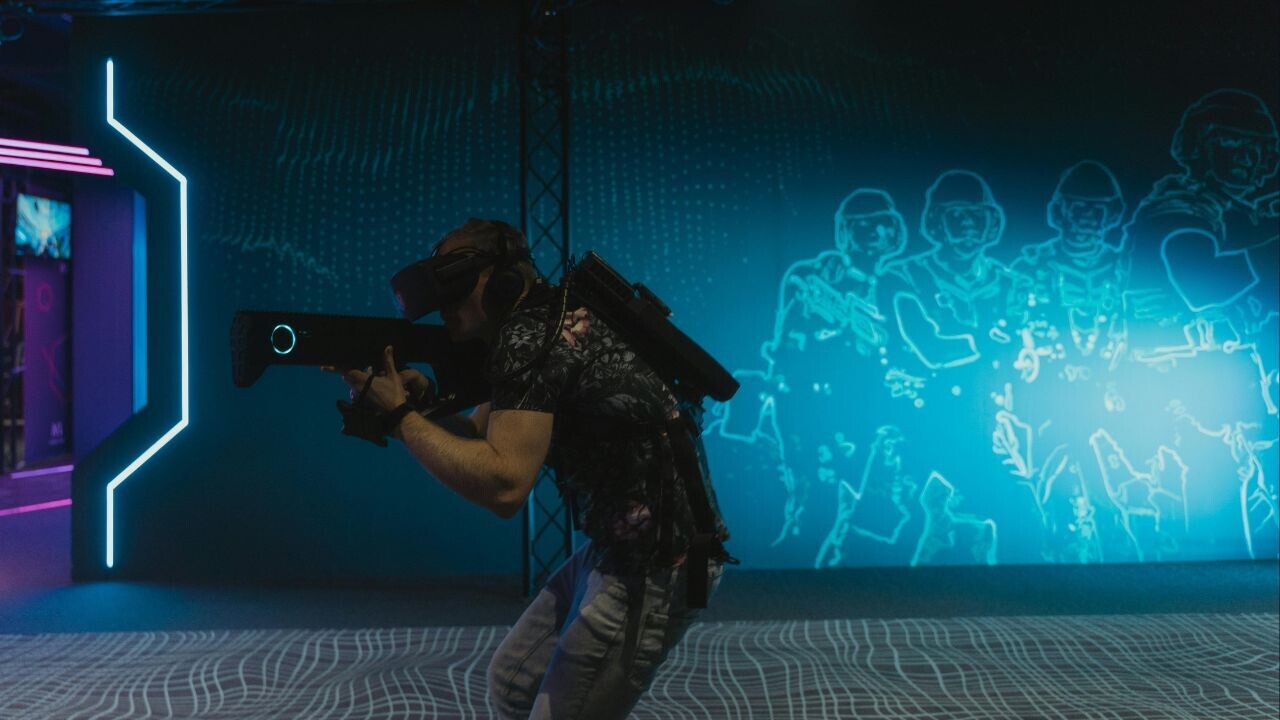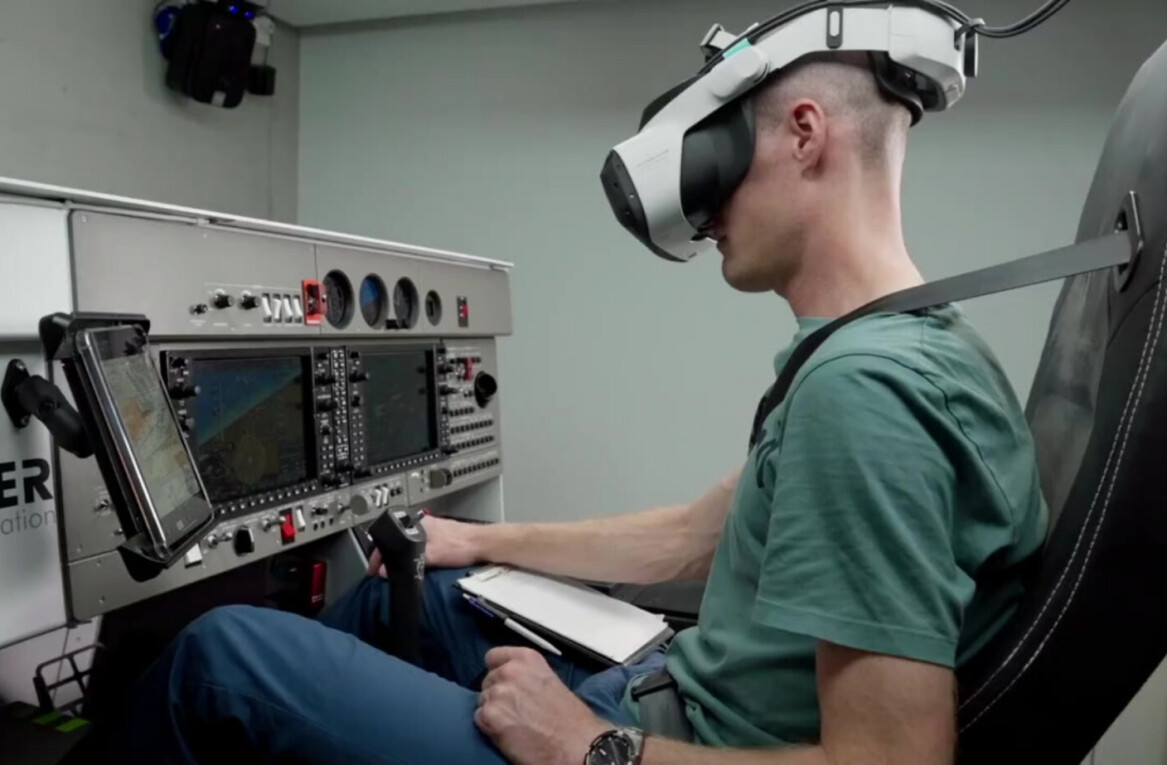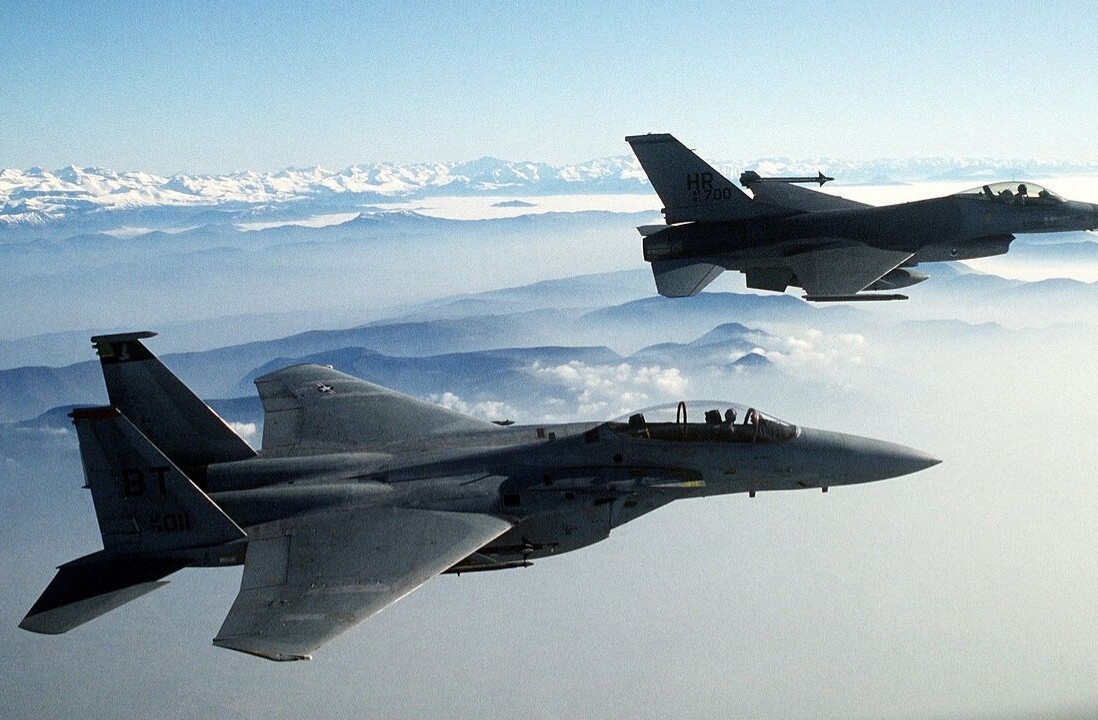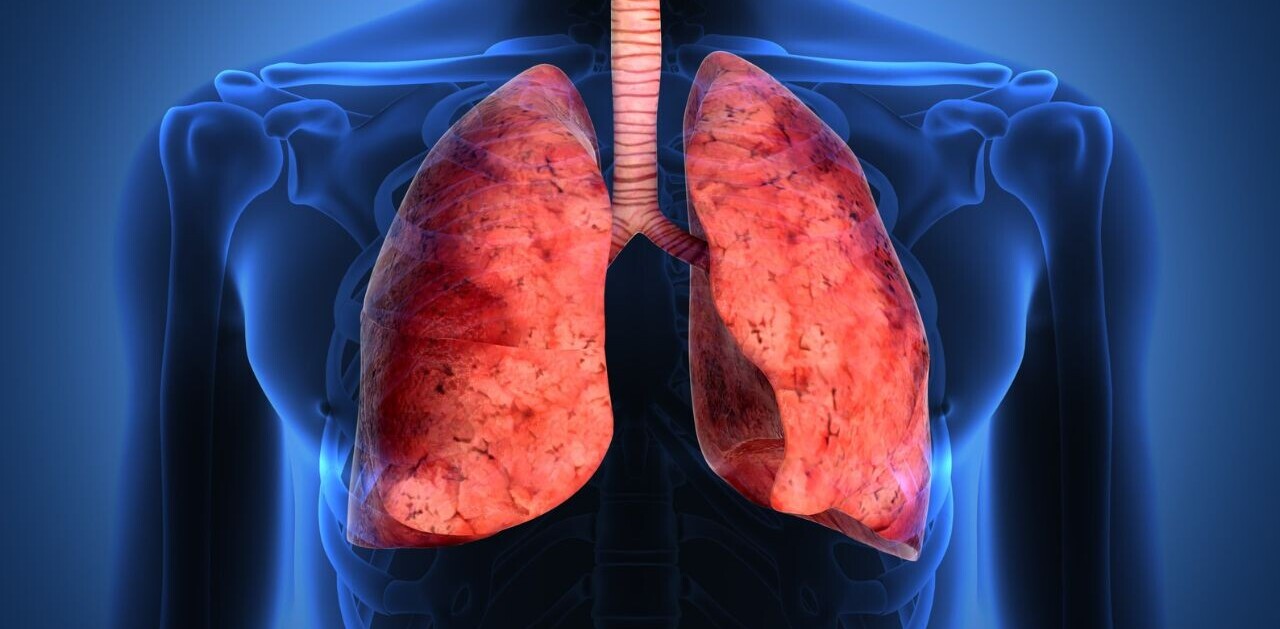War is being redefined by technology. Drones now swarm where soldiers once marched, AI can detect threats faster than spies, and cyberattacks are disrupting critical infrastructure without a single shot fired. To prepare for the battles of tomorrow, NATO is turning to startups.
In June 2023, the Alliance launched DIANA, an initiative that funds and facilitates defence innovations. Across a network of over 200 accelerator sites and test centres, DIANA brings together universities, industry, and governments to work with startups on new defence capabilities.
At the helm is Jyoti Hirani-Driver. A former counter-terrorism policy advisor for the British government, Hirani-Driver was appointed DIANA COO last year. Her mission: to find dual-use technology that can serve both soldiers and civilians in the 32 NATO member nations — and get it into the field before NATO’s adversaries do.
“It’s the first time ever we’re working as one on defence innovation,” she tells TNW.
“We’ve always needed cutting-edge tech and innovation. We need it to outpace our adversaries and to make sure our armed forces have the best warfighting capabilities. DIANA can help us do that.”
At TNW Conference on June 19, Hirani-Driver will share her views on the rise of defence tech during a panel discussion between four of Europe’s leaders in the sector. Ahead of the session, she outlined the goals of DIANA — and the value of dual-use tech.
The defence tech path to market
Delivering new innovations to the armed forces can be a tricky task. The defence market has long been the domain of big contractors, complex integration processes, and lengthy procurement cycles — which can delay the uptake of emerging technologies. It can also be challenging for startups to navigate.
Her career in government gave Hirani-Driver a deep understanding of the obstacles.
She was working in counter-terrorism during the rise of ISIS and supported British responses to terrorist attacks. Her experiences showed that national security required new approaches.
“We knew we couldn’t just keep doing the same thing,” she says. “We needed to look at innovation and engage with the tech industry.”
Hirani-Driver soon had a chance to put that into practice. In 2018, she was appointed Chief of Staff for the Ministry of Defence’s (MoD) Defence Innovation Directorate. Under her leadership, the unit secured £1.1bn (€1.3bn) of tech R&D funding for the MoD. The investments backed advances in hypersonics, big data, autonomous systems, AI, and space-based technologies.
“My job there was to embed innovation into the lifeblood of defence — not just in terms of capabilities, but in our people as well,” she says.
“We need to think innovatively in everything we do. We need to become smarter at training our people, giving them the experience so they know what to expect and how to succeed on the battlefield.”
That mindset underpins DIANA’s mission to support dual-use tech. The approach expands the talent pool by attracting companies from outside the defence sector, accelerates adoption through faster-moving civilian markets, and boosts commercial viability through broader revenue streams. If startups can scale and survive in the civilian world, they’re more likely to succeed in defence.
“There are startups doing amazing things in the civilian world that don’t realise how valuable they could be to defence,” says Hirani-Driver. “We help them make that leap.”

How startups can make the leap
DIANA’s programmes call for solutions to specific defence and security challenges. The last five were Energy & Power; Data & Information Security; Sensing & Surveillance; Human Health & Performance; and Critical Infrastructure & Logistics.
Successful applicants then enter a six-month programme delivered by accelerator sites across the Alliance. They also gain access to NATO mentors, end-users, and unique test centres.
One of these test sites is CR14 in Estonia, a military-grade “multiverse of cyber ranges” comprising virtual environments for cybersecurity development. Under DIANA’s umbrella, British startup Goldilock went there to validate a physical network isolation solution that instantly disconnects and physically segments critical national infrastructure.
Hirani-Driver says the experience offered more than technical validation: “They can take that as a stamp of approval that their technology has been validated at one of the best cyber test centres in the Alliance.”
Each selected startup also receives €100,000 — but Hirani-Driver insists that cash is not the main value. “The gem in our programme is connecting those startups with end users, mentors, and test centres,” she says.
“I don’t want them to receive a bit of funding, finish the programme, and disappear from our ecosystem. Success for us means keeping those good ideas alive, helping them grow, and eventually seeing them deliver tech directly to our forces.”
A diverse array of them have already progressed through the programmes. They range from Goldilock’s cyber defence system, to Lithuanian startup Astrolight’s secure laser communication systems, and Polish tech firm Revobeam’s intelligent antennas — which are particularly suited for unmanned vehicles operating in challenging environments.
The Netherlands has also been represented. Delft-based Lobster Robotics joined DIANA last year after catching attention for its autonomous underwater vehicles for seabed mapping — a technology valuable for both marine conservation and naval surveillance.
“I want to see Lobster Robotics delivering to the Navies across the Alliance,” Hirani-Driver says.
With the next wave of DIANA challenges launching this summer, the programme is set to expand into additional focus areas. Hirani-Driver wants them to bring new innovations to NATO’s warfighting capabilities.
“Big defence contractors have an important role to play in the security of the Alliance, but we continually need new players, more choice — and better tech,” she says. “Innovations from early-stage startups and SMEs are therefore critical for the Alliance and our defence capabilities.”
If you want to catch Hirani-Driver’s talk or anything else on the packed agenda for TNW Conference, we have a special offer for you. Use the code TNWXMEDIA2025 at the checkout to get 30% off your ticket.
Get the TNW newsletter
Get the most important tech news in your inbox each week.






